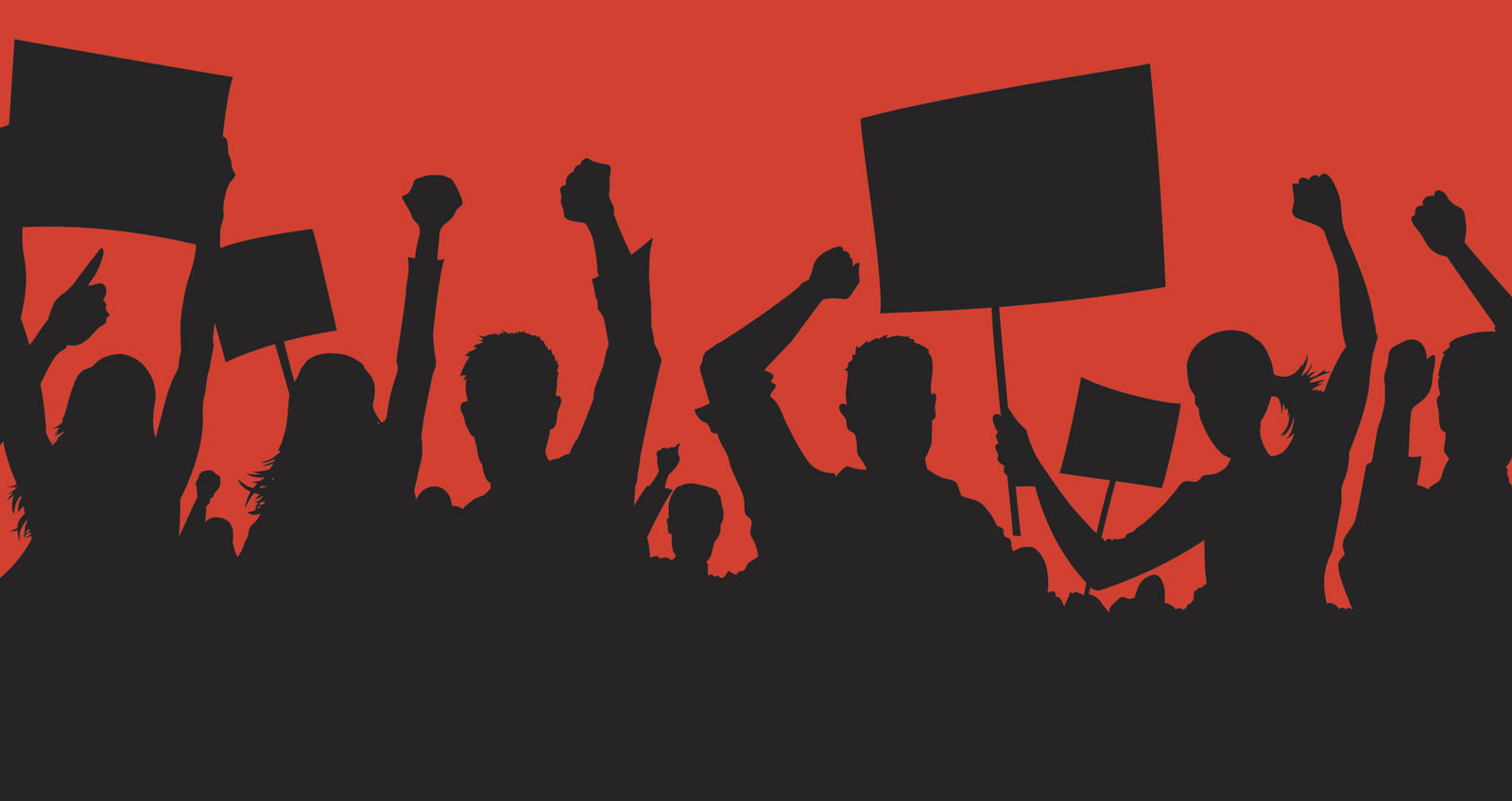 Democratic setbacks restrict spaces for young people to participate
Democratic setbacks restrict spaces for young people to participate
The Institute for Multiparty Democracy (IMD), a civil society organization that works on democratic system strengthening in Mozambique, is concerned that democratic setbacks at the global level are restricting youth political participation.
The organization expressed this concern through a press release, alluding to the International Day of Democracy, which is celebrated this Friday, September 15th, under the motto “Empowering the next generation”, which IMD understands is an opportunity to reflect on the challenges for more effective youth and other vulnerable groups' political participation.
“Data on the evolution of democracies worldwide suggests that in the mid-2000s, nearly half of the world's population lived in regimes that Freedom House labelled as free. This proportion has consistently fallen down to 20% by 2022. The Economist Intelligence Unit's Democracy Index data suggests that the world has become consecutively less democratic for the 17th consecutive time”, indicates the IMD.
The IMD understands that the democratic space in the world has been significantly affected by the restrictions imposed by the COVID-19 pandemic, the conflict between Ukraine and Russia, coups d'état and the effects of climate change have negatively affected the development of democratic systems in the world.
In the organization's understanding, following this global trend, African countries have also been experiencing significant setbacks, which has been evidenced by regular occurrence of coups d'état.
“There have been 10 coups d’état since 2019 in Africa, which means that the continent tends to normalize non-democratic take-overs. It is a huge blow to the democratic system in the continent”, says the IMD.
In the case of Mozambique, the organization states that an analysis of the main international democracy indexes over the last six years has shown some decrease in the general classification, suggesting that the country has been losing some of the gains it had already achieved. Therefore, IMD suggests that in the face of this setback, historically vulnerable groups such as youth, women and people with disabilities, have seen their space for participation becoming even more restricted.
Regarding these setbacks' impact on political participation, the IMD points out some data that highlight the exclusion of young people and other vulnerable groups from decision-making spaces.
“Mozambique's Parliament started the term with only 17 MPs under the 35 in 2020. By its end in January 2025, there will only be 6 out of 35 MPs under 35”, recalls the IMD, expressing concern about the lack of young people in decision-making spaces in the country.
“For this year's local elections, the three political parties represented in Parliament together have 10 list leaders (5%) under the age of 35 out of a total of 195”, declares the IMD.
Therefore, the IMD calls on young people to engage more energetically in politics and seek better information and training to make their participation more effective. It also calls on the Government, political parties and other political actors to create an increasingly better space for political participation by young people and other vulnerable groups in the society.
Given the reduction in the general rating of democracy, the organization understands that Mozambique can take advantage of the fact that the sixth local elections and the seventh general elections are scheduled for 2023 and 2024, respectively.
“An exemplary organization of these elections, with all political actors complying solely and exclusively with the Law, can help improve the country's position in the context of global democracy”, declares the IMD in its statement.
This organization understands, however, that all political actors could play a key role in improving the democratic space and expanding opportunities for political participation in Mozambique and ends its statement by reaffirming its commitment to continue making efforts to promote greater participation and political inclusion of the most vulnerable groups in society.












